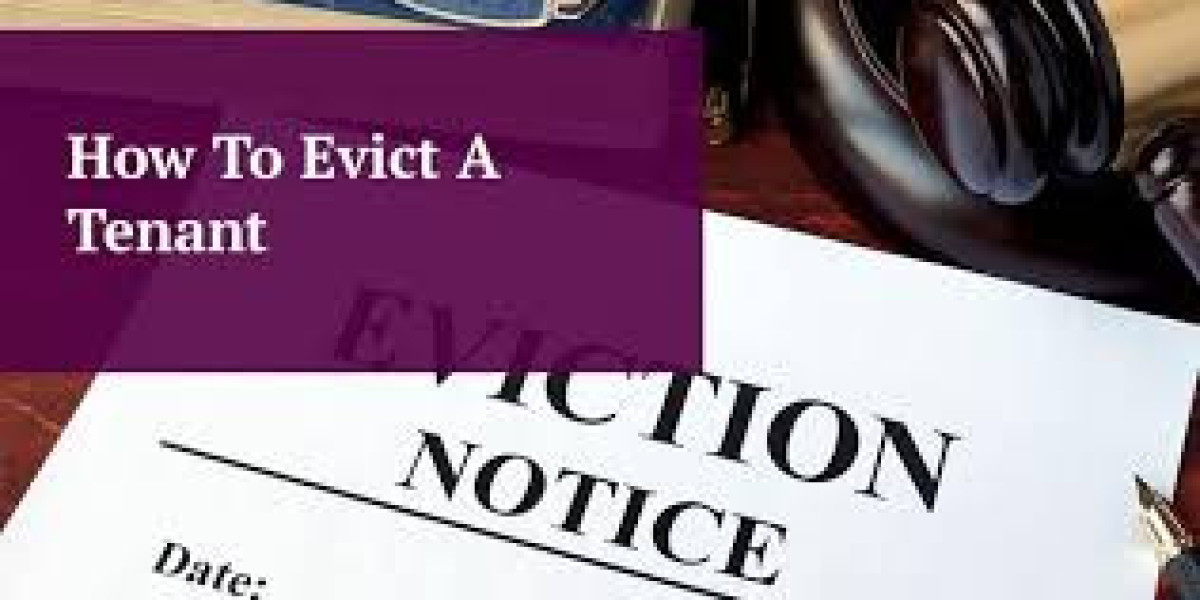Evicting a tenant in the UK can be a complicated process, requiring a clear understanding of the laws, proper documentation, and specific procedures. Whether you’re dealing with a tenant who is behind on rent or one whose lease has expired, it’s crucial to follow the legal steps to ensure a smooth and lawful eviction process. In this guide, we’ll walk you through the key documents you need to evict a tenant in the UK and how to handle the process effectively.
Step 1: Understanding the Grounds for Eviction
Before diving into the necessary documents, it’s important to understand the grounds for eviction. In the UK, landlords can evict tenants for several reasons, including:
- Non-payment of rent
- Breach of tenancy agreement
- Expired tenancy agreement
- Nuisance or anti-social behavior
- Property damage
The grounds on which you seek to evict your tenant will dictate which documents you’ll need to proceed.
Step 2: Notice of Eviction
The first official document you’ll need to evict a tenant is the Notice of Eviction. This notice informs the tenant that they need to leave the property within a specified period. There are two main types of eviction notices in the UK:
Section 21 Notice (No-Fault Eviction)
A Section 21 Notice is the most common form of eviction notice and is used when you want to end a tenancy agreement without needing to give a specific reason. It’s a no-fault eviction, meaning you don’t have to prove the tenant has done anything wrong, such as failing to pay rent. You simply need to give the tenant at least two months’ notice. However, the Section 21 notice must comply with specific legal requirements, such as ensuring the tenant's deposit is protected and providing them with certain documentation, including an Energy Performance Certificate (EPC) and gas safety certificate.
For more information on serving a Section 21 eviction notice, you can check out this link: Serving a Section 21 Eviction Notice.
Section 8 Notice (Grounds for Eviction)
A Section 8 Notice is used when you want to evict a tenant for specific reasons, such as non-payment of rent or causing damage to the property. This notice provides a list of grounds on which eviction can be pursued. The length of notice required varies depending on the ground for eviction, and in some cases, it may be as little as two weeks' notice.
If you want to explore the process of Section 8 eviction, you can consult a Tenant Eviction Specialist for expert guidance. Here’s a link to find professional assistance: Tenant Eviction Specialist.
Step 3: Possession Order
If your tenant does not leave after the notice period, you’ll need to apply for a Possession Order through the court. This document officially grants you the right to take possession of the property. There are two types of possession orders:
Accelerated Possession Order: This is used when the tenant has only been given a Section 21 Notice and does not involve any disputes regarding rent arrears or other issues. The application can be made online and is usually quicker than other options.
Standard Possession Order: If there are disputes, such as rent arrears or damage to the property, this type of order is used. The process can take longer, as you may have to attend a court hearing where the tenant can argue their case.
Step 4: Warrant of Eviction
If the tenant still refuses to leave after the Possession Order is granted, the next step is to apply for a Warrant of Eviction. This document authorizes bailiffs to physically remove the tenant from the property. It’s usually the final step in the eviction process, and it’s essential to follow all the necessary steps to avoid any legal complications.
You can consult eviction specialists near me to guide you through this process if you're unsure of the procedures. Expert advice can prevent costly mistakes and delays during the eviction.
Step 5: Ensuring Proper Documentation
To ensure the eviction process goes smoothly, you’ll need to ensure that you have the following documents in order:
- Tenancy Agreement: A copy of the signed agreement, which outlines the tenant’s obligations.
- Notice of Eviction (Section 21 or Section 8): The notice you have served on the tenant, outlining the reasons for eviction.
- Proof of Deposit Protection: If applicable, proof that the tenant’s deposit was protected in one of the government-approved schemes.
- Gas Safety Certificate: A certificate proving that the property has a valid gas safety check.
- Energy Performance Certificate (EPC): A certificate showing the energy efficiency of the property.
Step 6: Seeking Legal Assistance
Eviction can be a complex and time-consuming process, particularly if the tenant is resistant or if the case involves legal disputes. In such cases, it’s highly recommended to seek the help of eviction lawyers near me or tenant eviction specialists. These experts can guide you through every step of the process, ensuring that all documentation is in place and that you comply with UK housing law.
You can find trusted tenant eviction specialists through services like First4LandlordAdvice. They offer professional advice on landlord debt recovery and can help you with all aspects of the eviction process, from the initial notice to dealing with post-eviction issues.
To learn more, visit First4LandlordAdvice for professional tenant eviction services: Eviction Specialist UK.
Conclusion
Evicting a tenant in the UK requires careful planning and adherence to the law. The key documents you’ll need include a valid eviction notice (Section 21 or Section 8), proof of tenancy agreement, and other supporting documents like the EPC and gas safety certificate. If the eviction process becomes complicated, seeking legal advice from tenant eviction specialists or eviction lawyers near me is highly recommended.
By ensuring all paperwork is in order and following the correct procedures, you can protect your rights as a landlord and avoid potential legal issues. Remember, it’s always better to get expert help to avoid costly delays and complications.
Tags: tenant eviction specialists, eviction specialist, eviction notice UK, serving a Section 21 notice, Section 8 eviction notice, landlord debt recovery, tenant eviction service near me, eviction specialists near me, eviction lawyers near me, evicting a tenant, tenant eviction specialist UK, tenant eviction, Section 21 eviction, Section 8 eviction








